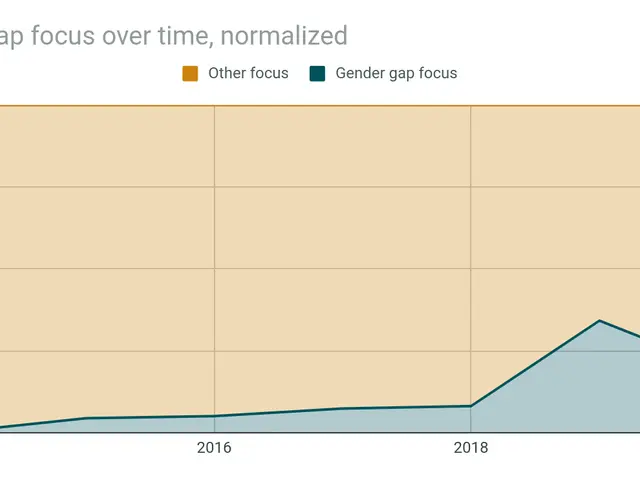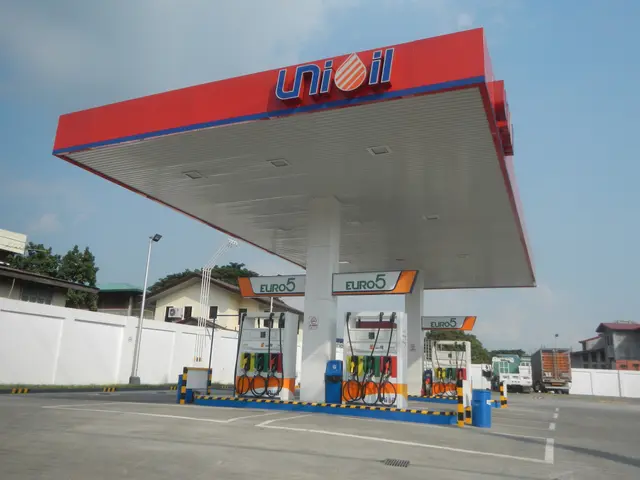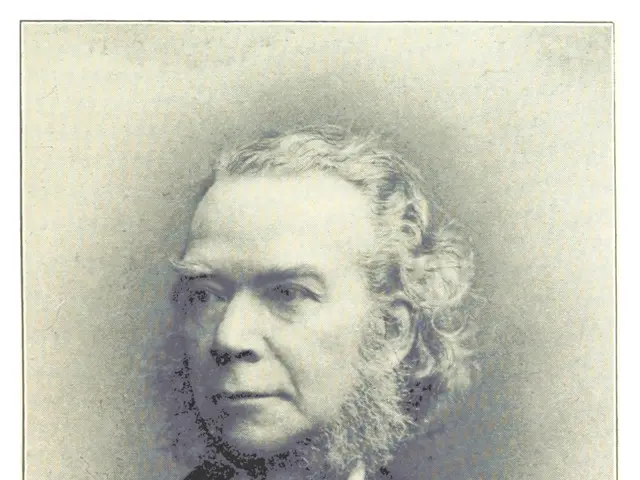Accounting Voucher: Its Definition and Application
Article:
A voucher serves as a crucial document, both in corporate accounting and government programs. In the realm of business, it is utilized by the accounts payable department to substantiate the payment of outstanding liabilities. Conversely, governments issue vouchers for various initiatives, such as school choice, housing, and social welfare programs.
In the corporate context, a voucher is essentially the backup document for accounts payable. Accounts payable represent short-term obligations that companies hold towards vendors and suppliers. The voucher acts as an internal accounting control mechanism, ensuring that every payment is properly authorized, and that the goods or services purchased have been received.
The voucher process commences with a purchase order, issued by the purchasing department, detailing the requested goods or services, including their respective quantities and prices. Once accepted by the vendor, it legally binds both parties to the purchase agreement. Upon receiving the goods or services, a goods received note (GRN) or receiving report is created to confirm their receipt, along with any discrepancies in regards to quantity or quality compared to the purchase order.
The vendor subsequently submits an invoice, requesting payment. This invoice must correspond with the purchase order and the GRN to ensure all details match accurately. Once all documents have been verified, the accounts payable team creates a voucher in the accounting system. This voucher authorizes the payment and records the invoice details, including any applicable taxes or additional charges.
The voucher undergoes approval via a three-way match process, which compares the purchase order, receiving report, and invoice to ensure they agree in terms of amounts and items. Coding the voucher with relevant accounting segments, such as department, general ledger account, and project codes, facilitates integration with the company’s Enterprise Resource Planning (ERP) system or accounting software.
The voucher system ensures accuracy and supporting compliance requirements, helps maintain strong vendor relationships, and enhances cash flow management by scheduling payments appropriately. Key components of a voucher typically include supplier invoices, the supplier's name, terms for payment, the company’s purchase order, a receipt of goods received, general ledger accounts, signatures of authorized company representatives, proof of payment, and the invoice payment date.
Vouchers issued by governments enable citizens to reap benefits from chosen schools, housing, or social programs. For instance, the Housing Choice Voucher Program, also known as Section 8 housing, aids low-income or disabled families in obtaining affordable housing. Eligible families can use their vouchers to acquire any type of residence and are not limited to subsidized housing projects or apartment units.
School vouchers offer eligible families the opportunity to choose a private or charter school, using a portion of state funding that would otherwise go towards public schools.
In conclusion, whether in the context of business accounts payable or government programs, vouchers play a vital role in ensuring accurate and authorized payments, providing essential documentation for audits, maintaining strong vendor relationships, and enabling citizens to secure desired benefits.
- In the realm of finance and business, a defi (decentralized finance) platform could implement a voucher system similar to traditional accounting, where each transaction is backed by a digital voucher, ensuring transparency and accountability.
- For individuals interested in education-and-self-development, online courses offering blockchain certifications might incorporate ICO (Initial Coin Offering) participation as a voucher, allowing employers to easily verify the authenticity of the learned skills and competencies during the hiring process.








